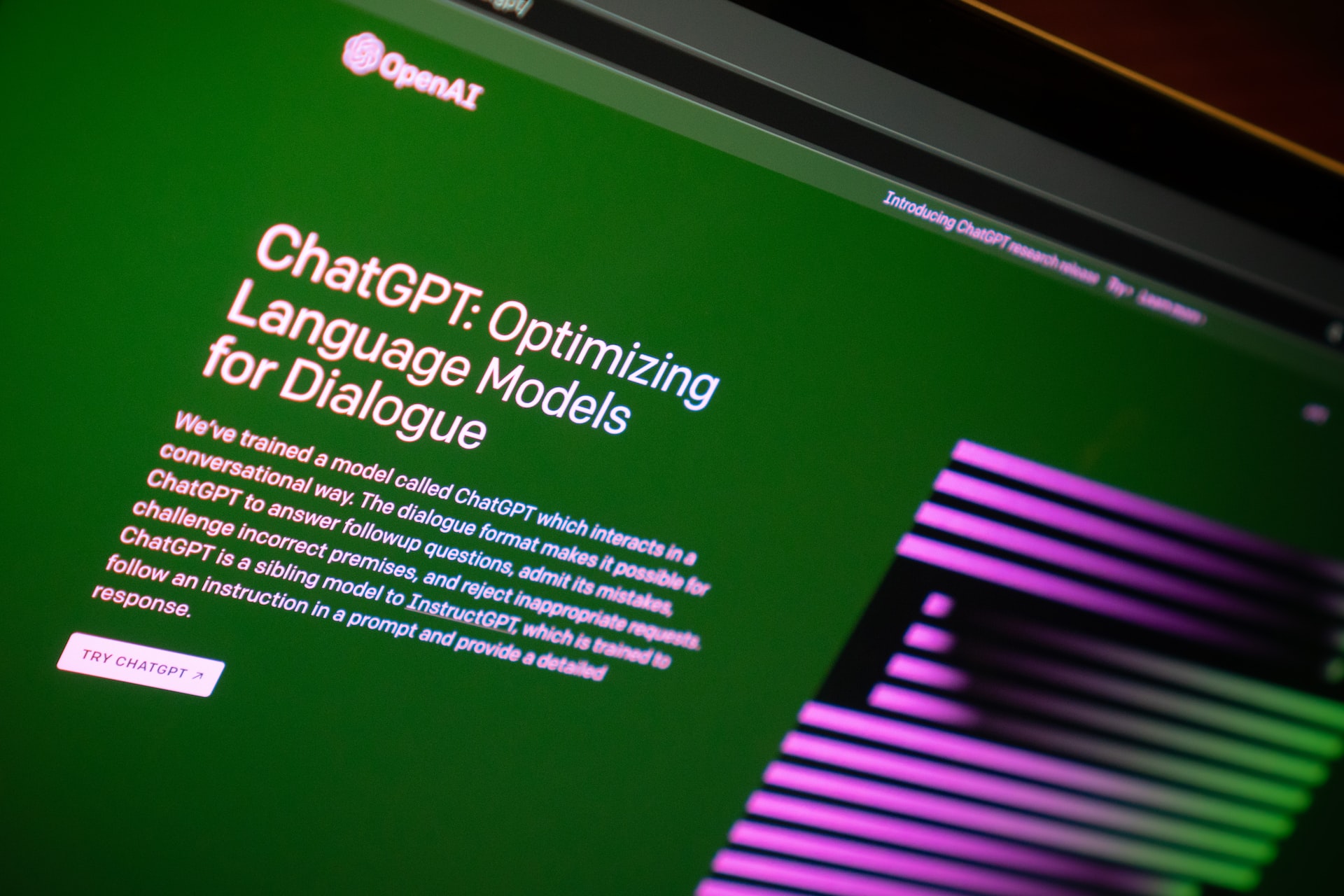The world’s fastest-growing advanced artificial intelligence language model ChatGPT has the European Union Agency for Law Enforcement Cooperation (Europol) concerned that criminals could be misusing ChatGPT for illicit reasons.
As the AI tool goes from strength to strength and the number of users reaches new heights (estimates show that over 100 million individuals use the tool), Europol’s innovation lab organised a number of workshops to explore how criminals can abuse such AI tools, but also how they may assist investigators.
Europol identified three main criminal areas of concern and how generative AI tools may be exploited for these reasons:
- Fraud and social engineer: The tool’s ability to draft highly realistic text makes it a valuable tool for phishing purposes. It can be used to impersonate the style of speech of specific individuals or groups well enough to mislead potential victims.
- Disinformation: It’s capable of producing authentic sounding text at rapid speed and scale. This makes it ideal for the purpose of generating content for propaganda and disinformation purposes, allowing users to generate, and spread messages reflecting a specific narrative with hardly enough effort.
- Cybercrime: It is also capable of generating code in a wide array of programming languages, and with enough basic know-how, criminals could use it to generate malicious code.
It has hardly been a year since the tool took the world by storm, bringing with it new positive opportunities but also threats.
“As technology progresses, and new models become available, it will become increasingly important for law enforcement to stay at the forefront of these developments to anticipate and prevent abuse,” read Europol’s report.
Two years since its birth, Moneybase features on Microsoft’s Customer Stories
Moneybase has now just been featured on Microsoft’s latest Customer Stories
Finance Minister confirms continuity of food and energy subsidies
Spending on food and energy subsidies as a percentage of the GDP will be at 0.7% in 2025
MHRA congratulates Glenn Micallef on EU role, highlights positive impact on Malta’s tourism and cultural sectors
The lobby group emphasised that Malta’s cultural assets and sports scene are key factors in attracting visitors and fostering economic ...






